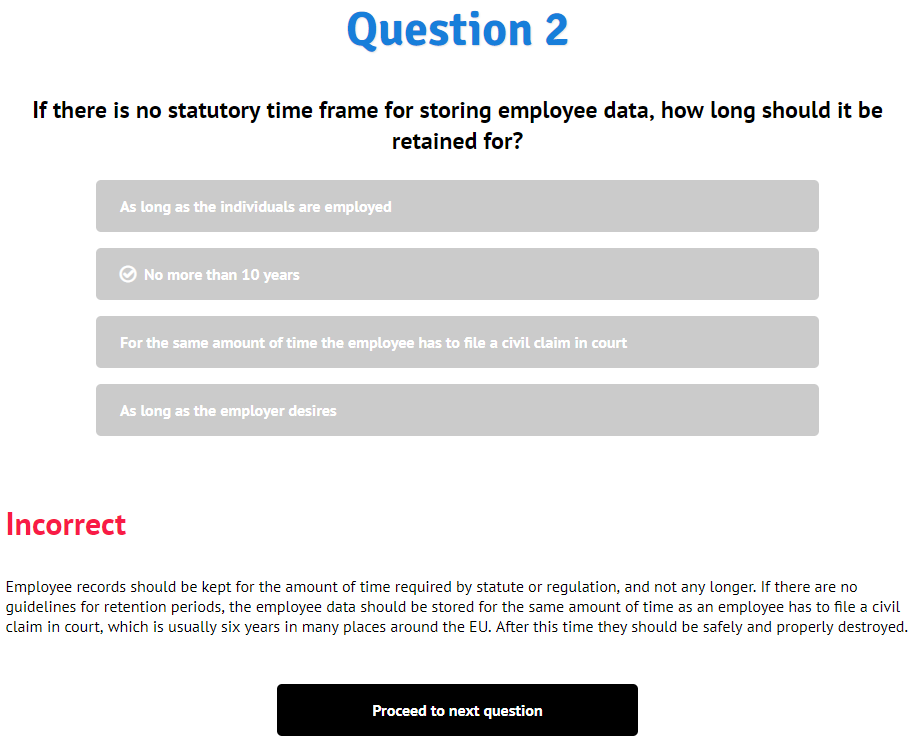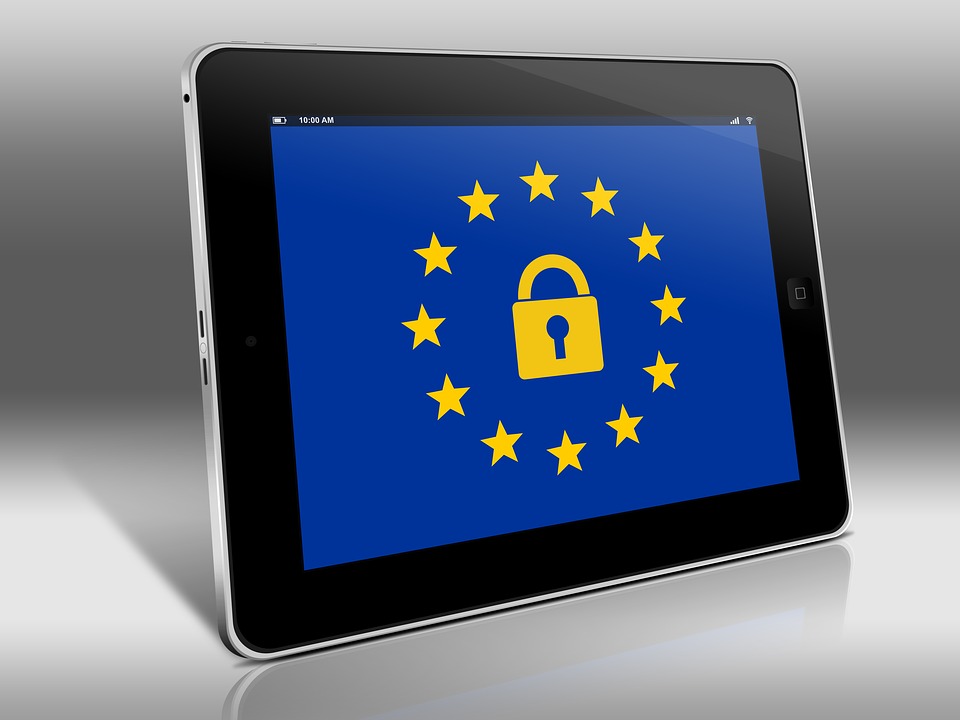
In a recent article published by QBE insurance group on the risks that law firms should look out for in 2019, our Director for Legal Services Pip Johnson shared her insights together with other compliance experts.
Pip flagged the Fifth Money Laundering Directive, which must be implemented into national regulations by this time next year. While the Fifth Directive is not as extensive as the Fourth Directive that came into force in 2017, there are still some changes to take on by the beginning of 2020. These changes include the regulation of cryptocurrencies such as Bitcoin, with some firms already having been asked to accept cryptocurrency payments. The Fifth Directive will also see enhanced due diligence requirements. Of course, Pip also discussed the effect Brexit could have on UK lawyers, with the UK due to implement its own Sanctions regime.
Other key takeaways from the interview:
- EU Council Directive 2018/822, (DAC 6), that came into force last June requiring intermediaries involved in cross border tax transactions to retain details of potentially tax advantageous matters
- An expected increase of
comlaints to the Information Commissioner’s Office (ICO) for GDPR breaches - The upcoming reformed SRA Handbook and the new Accounts Rules
- How Brexit could
effect the UK’s laws and regulations and how they apply to UK law firms
You can read the full report from QBE here.








 Now that GDPR (General Data Protection Regulation) day has passed, the role of human resources officers within an organization has become even more significant. With the new regulations now in place, it is important for individuals working in HR to be aware of the new laws and standards in place for employee data protection in your area. VinciWorks’ guide to GDPR compliance for human resources staff will give you a clearer understanding and general knowledge of what is required.
Now that GDPR (General Data Protection Regulation) day has passed, the role of human resources officers within an organization has become even more significant. With the new regulations now in place, it is important for individuals working in HR to be aware of the new laws and standards in place for employee data protection in your area. VinciWorks’ guide to GDPR compliance for human resources staff will give you a clearer understanding and general knowledge of what is required.